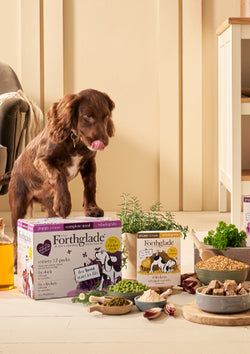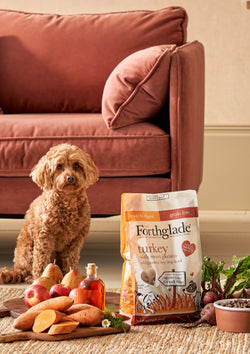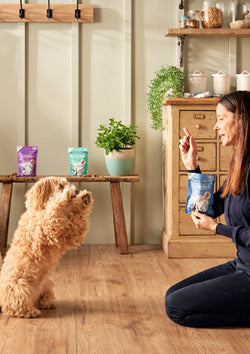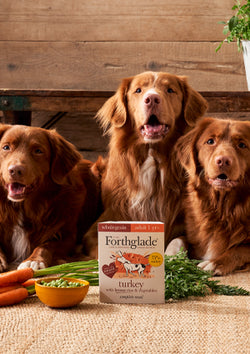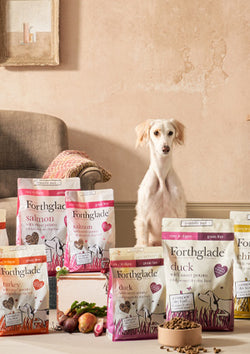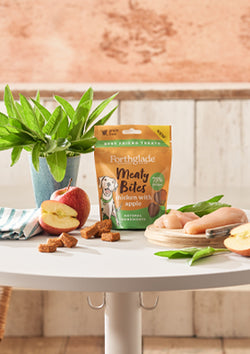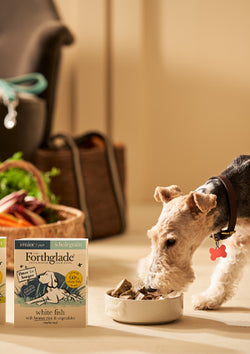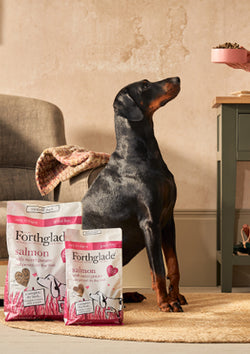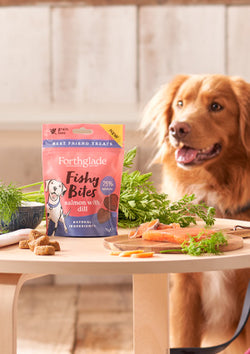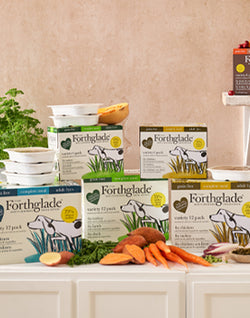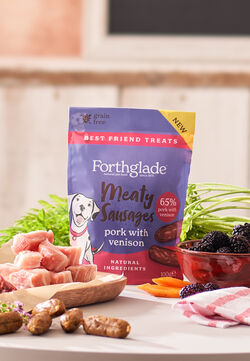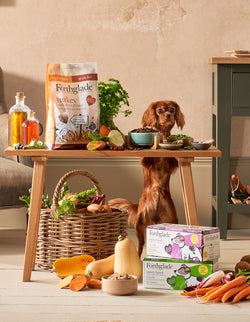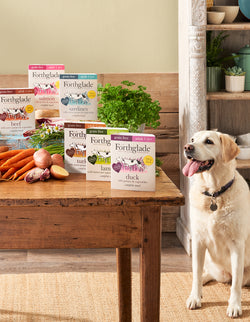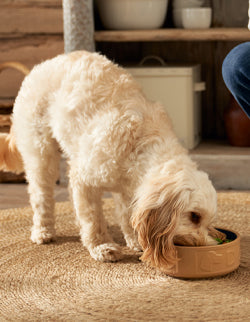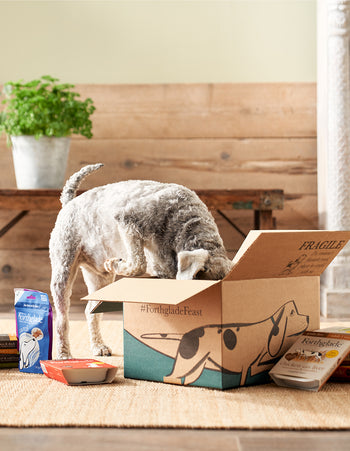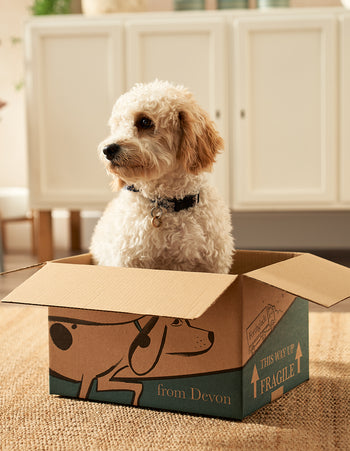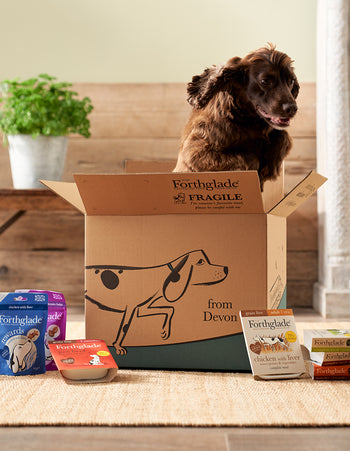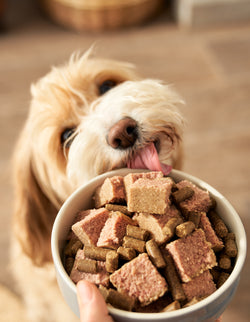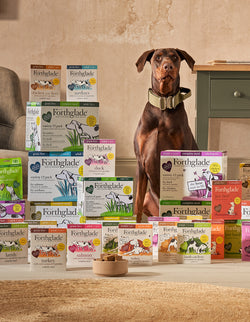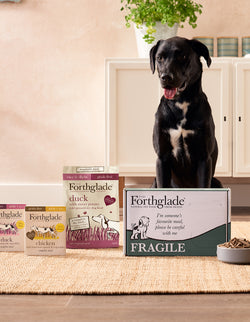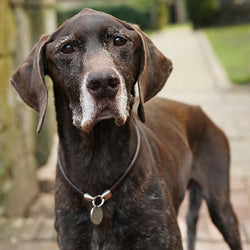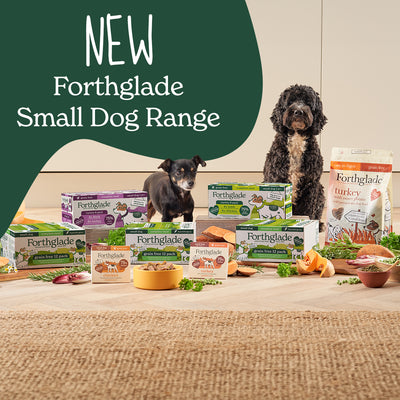Ensuring that your small dog receives the proper diet is essential for keeping them healthy, active, and happy. Small breeds require a diet specifically tailored to their size, metabolism, and overall health. Our new small dog range is designed to meet these needs, providing the right balance of nutrients, in tasty recipes, that are easy for small dogs to enjoy.
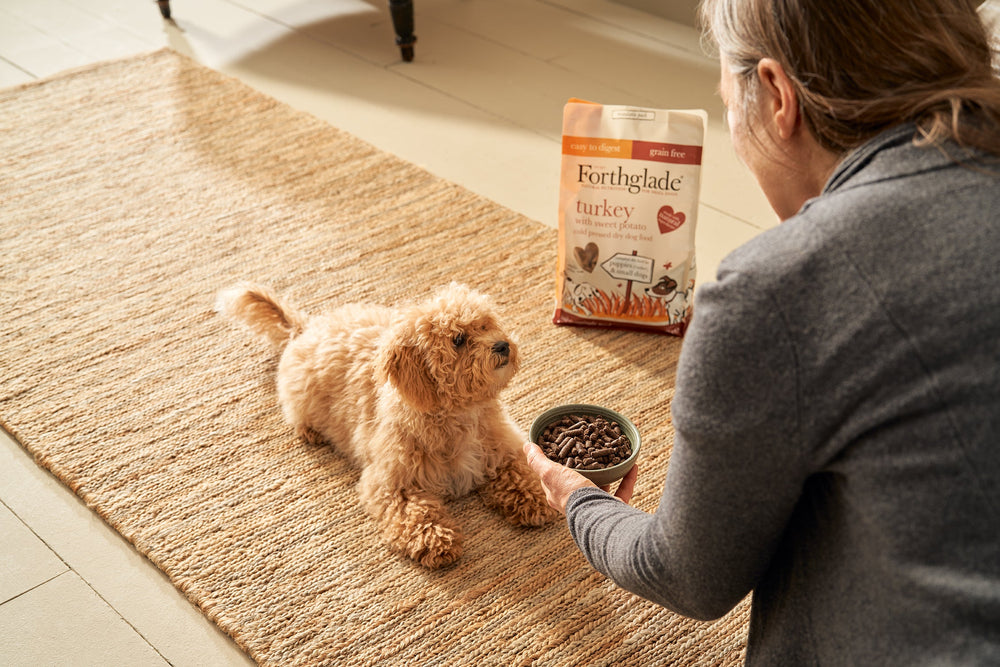
Why does my small dog need a small dog diet?
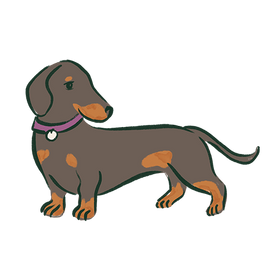
Why should your dog eat small breed food?
Feeding your small dog food designed specifically for their breed size offers numerous benefits, from easier chewing to better weight management. Here’s why small breed food is the best choice for your tiny companion:
Smaller Food for Smaller Mouths
Small dogs have smaller jaws and teeth, making it more challenging for them to chew and digest large kibble designed for bigger dogs. Small breed food typically features smaller kibble sizes, ensuring your dog can comfortably eat without the risk of choking or digestive issues. Our small dog range includes our specially curated Turkey Cold Pressed Natural Dog Food, where the pellets are perfectly sized for smaller mouths.
Proper Weight Management
Small dogs often have higher energy levels but smaller stomachs, meaning they need food that provides the right amount of calories without leading to weight gain. Small breed dog food is formulated to help manage weight by providing the appropriate calorie count in each serving. This ensures your dog stays at a healthy weight while receiving the energy they need for daily activities.
Optimal Calorie and Nutrient Intake
Small dogs require a diet rich in high-quality proteins, fats, and carbohydrates to sustain their energy levels throughout their busy little days. Small breed dog food is designed to pack more nutrients into smaller portions, providing balanced nutrition that supports their active lifestyle.
Tailored to Their Unique Metabolic Rates
The metabolism of small dogs is different from that of larger breeds. They burn calories faster and need more nutrient-dense food to keep up with their energy demands. Feeding them large breed dog food could result in nutritional imbalances, leading to potential health issues. For more detailed guidance on feeding your small dog, visit our dog feeding advice page.
What’s wrong with large breed dog food for small dogs?
Feeding your small dog a large breed food may seem convenient, especially if you have dogs of different sizes. However, this could be detrimental to your small dog’s health as large breed dog food is formulated with different nutritional ratios, often containing lower protein and fat content, which might not meet the needs of a small dog.
Also, the kibble size of large breed food can be difficult for small dogs to chew, making feeding time less fun! Large breed food also tends to have lower caloric density, meaning your small dog would need to eat more to meet their energy needs, which can contribute to weight gain and other health issues.
While it might seem easier to feed your dogs the same food, it's important to consider their individual needs. Small dogs deserve a diet specifically designed for their size, metabolism, and health requirements to ensure they live long, healthy lives.
What to look for nutritionally in your small dog food

Essential Nutrients
Look for food that provides a balanced mix of essential nutrients, including proteins, fats, vitamins, and minerals. Small dogs need nutrient-dense food to support their high metabolism.
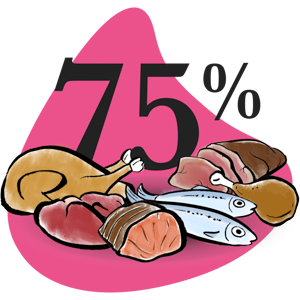
High Quality Whole Ingredients
Ensure the recipes contains natural, whole ingredients like real meats and vegetables. Avoid any fillers, artificial preservatives as much as possible.
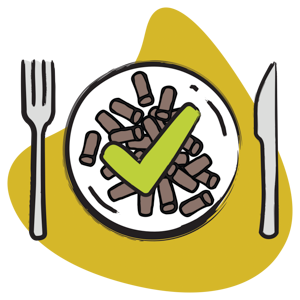
The Right Balance of Calories
Make sure the food offers the right balance of calories per serving to maintain your dog’s weight and energy levels.
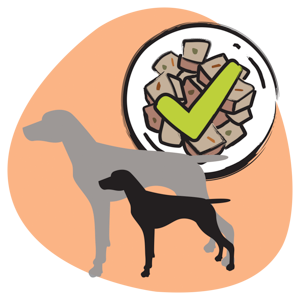
Size Specific Recipes
The kibble size and texture should be suitable for your dog’s small mouth, ensuring they can chew and digest their food comfortably.
We truly understand the importance of providing small dogs with a high-quality diet that caters to their specific dietary needs. Our small dog range includes options like our cold-pressed food and ensures that your pup will get all the necessary nutrients while supporting their overall well-being.
Explore our small dog food range to find the perfect diet for your small breed best friend!

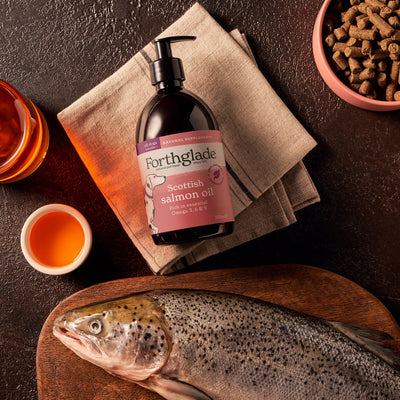


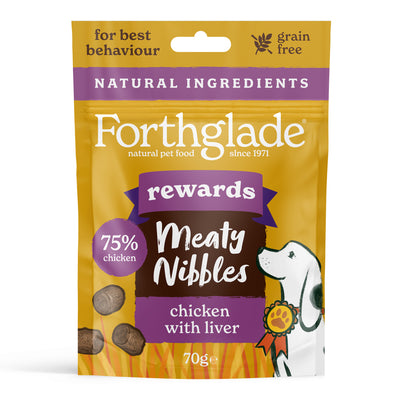
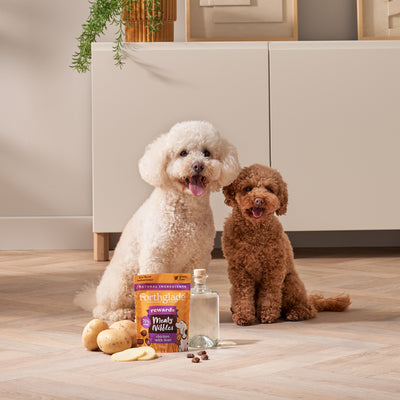






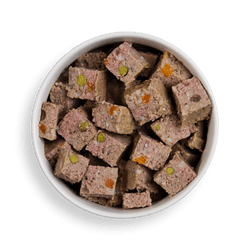

 Over 7,339 5* Reviews
Over 7,339 5* Reviews
 Established since 1971 - Made in Devon!
Established since 1971 - Made in Devon!
